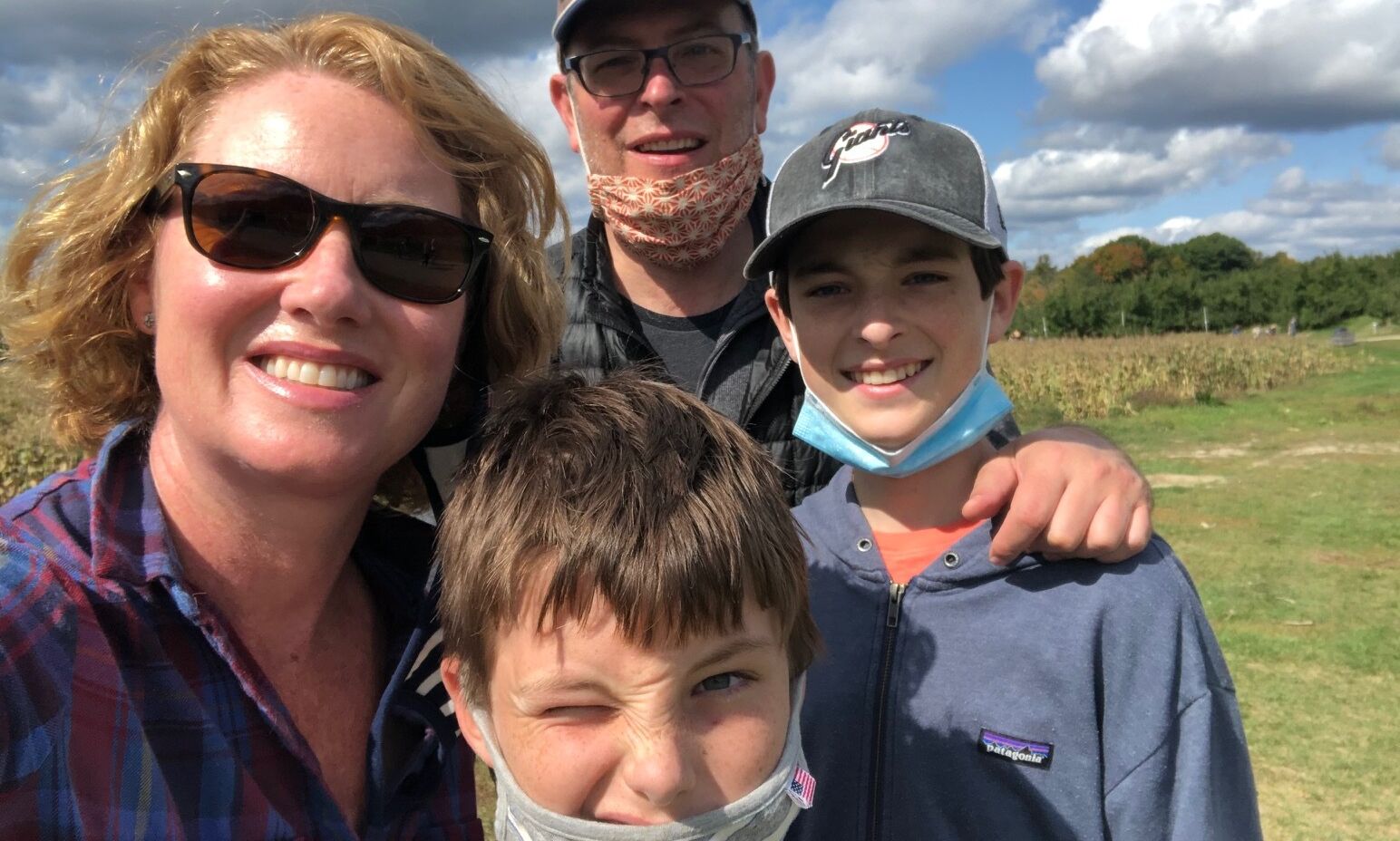JVC was one of those precious times for me when our community dreamed, discussed, and discerned what we wanted to do with our lives, how we wanted to serve our communities, and what opportunities might present themselves as our professional lives took shape. Those conversations were hopeful yet also marked with some anxiety. There’s a common myth that you’re supposed to know exactly what you want to do when you graduate from college. That you walk across that stage into your first job, and you’re done. It rarely works out like that, and it didn’t work for my JVC community members and me.
For me, the process of finding my vocation has been one not so much of finding it like you find a treasure, but of gradual exploration and learning. It’s been a process of taking steps. You take one step, make one decision, head down a path, and try it out. See what you can learn. See how it feels. Then you’ll have the occasion to take a second step and a third. At each point, you listen to your heart, you get in touch with your community, your people, you use your head, and you take a step.
As my JVC community members and I learned, discovering one’s vocation is rarely an experience of picking one train track, getting on, and never looking back. Instead, the process of discernment, of finding your life’s work and meaning, is slower, a gentler process. As I tell my college students, go easy on yourselves, take one step at a time, listen to your heart, and each step along the way, you learn, and you learn, and you learn.
I recently embarked on a major life transition as our family moved across the country, and I left my job of 25 years. In his well-known book Transitions, William Bridges suggests that in mid-life, we go through a “forest-dwelling” stage where we step back from what is familiar to learn something new and respond to deeper longings of the spirit. He takes this idea from the four Hindu life stages. Forest-dwelling is the third stage out of the four, where we begin to seek meaning not from what we do but rather who we are. For Bridges, the forest-dwelling stage offers time to think, reflect, unlearn some of the strategies that have brought us success thus far, and hopefully discover a deeper meaning and purpose to one’s life.
Every life transition brings a mix of emotions. Each life transition involves life and death, hellos and goodbyes, coexisting at the same time. I used to tell my students that starting college is like entering a narrow gate where you were asked to leave behind certain things, to learn and grow, to change, where one will encounter new knowledge, new information, new relationships that have challenged the way you see the world and your place in it. There are great joy and satisfaction in the process of learning and growing. Simultaneously, through learning, the world becomes more complex, and we realize how much there is that we don’t know. Learning is a humbling experience, an ongoing discovery process, encountering mystery, and persisting through unfamiliar territory. This transition raises new questions about my life’s meaning and purpose and the multiple roles I play as a mother, pastoral minister, religious leader, sister, and friend.
Life is full of transitions; some we choose and some that choose us. The opportunity is to embrace each one as an opportunity to be curious and hopeful and to remind ourselves that God is in it all.
I love the prayer Patient Trust by the Jesuit scientist and philosopher Pierre Teilhard de Chardin -- himself a life-long learner who persevered through periods of profound social change and was himself persecuted for following his deepest knowledge and calling. His words give me hope and calm amid these challenging times.







